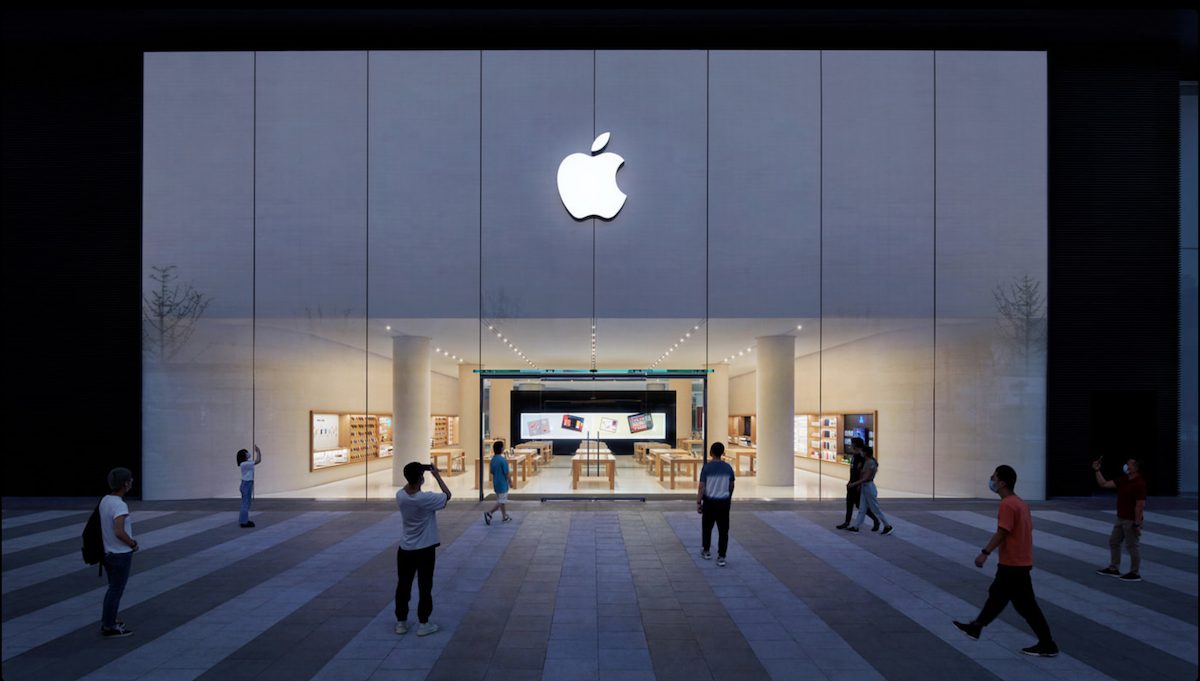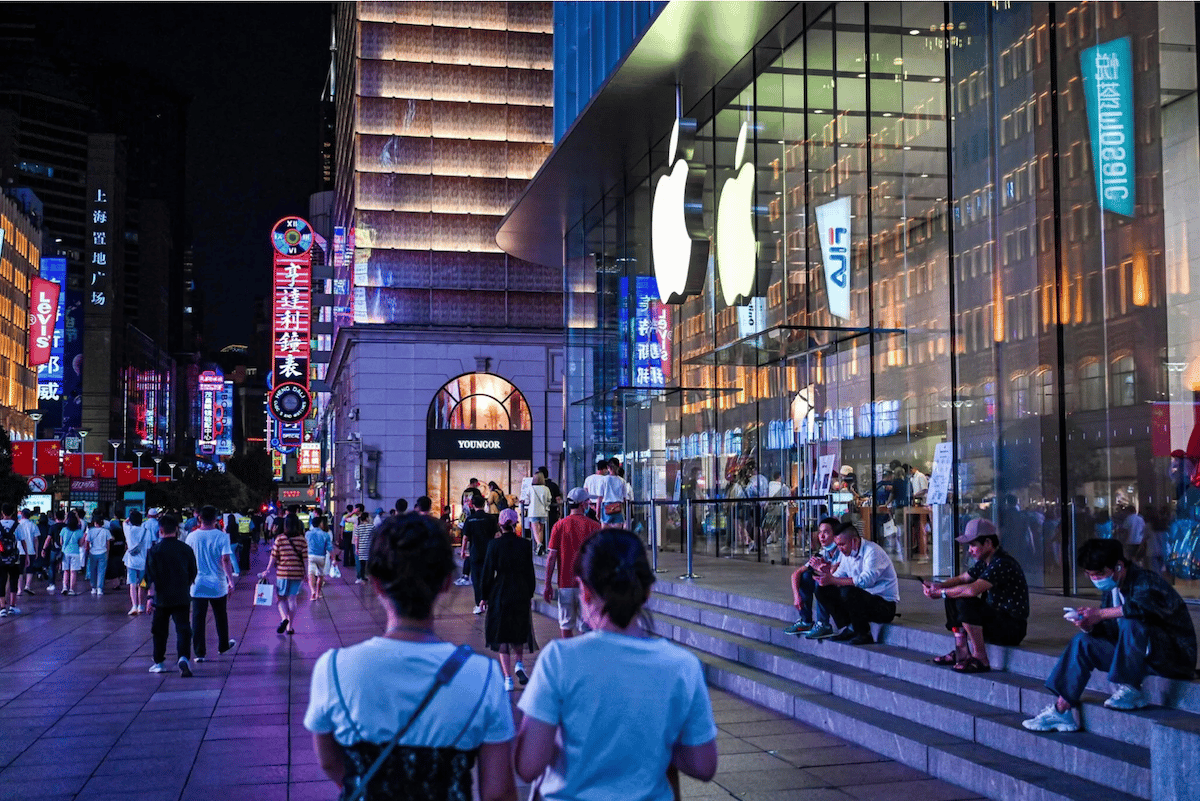For a short time, Apple’s censorship on the web was expanded to Hong Kong. The Intercept reports that Tencent’s website blacklist created for China was implemented on Safari in Hong Kong in late 2022 and the latest victim of Apple censorship was GitLab, a popular and “harmless” code-sharing website.
In November 2022, it was discovered that when users try to load GitLab in Safari, they were greeted with a “deceptive website warning” stating that it contains unverified information and was inaccessible. To users’ dismay, neither Tencent nor Apple were willing to answer questions on the situation at the time.
Although after public backlash GitLab’s access was restored in January 2023, it was another incident of Apple’s compliance with China’s repressive requests.

Latest incident of Apple censorship in Hong Kong was to stay in China’s good grace
The analysis of the situation by Chu Ka-cheong, a Hong Kong-based software engineer and former Apple employee revealed that Apple had changed Safari’s privacy policy sometime after November 24, 2022, which used the Tencent blacklist for devices in Hong Kong.
Tencent is a Chinese internet conglomerate that runs WeChat and League of Legends. And on Apple’s behalf, the company also operates a safe browsing filter for Safari users in China, a website blacklist, to shut down sources of purveyor of misinformation on the web.
Originally, the tech giant had said that Tencent’s blacklist was only for Safari users inside mainland China. Thus, the latest incident of Apple censorship in Hong Kong showed that the Chinese government was gradually increasing its control in Hong Kong and the tech giant complied with censorship requests to stay in China’s good grace.
The episode raises thorny questions about privatized censorship done in the name of “safety” — questions that neither company seems interested in answering: How does Tencent decide what’s blocked? Does Apple have any role? Does Apple condone Tencent’s blacklist practices?

Charlie Smith, the pseudonymous founder of GreatFire, a Chinese web censorship advocacy and watchdog group said that the tech giant needs to be held accountable for taking away users’ privacy in Hong Kong.
“They should be responsible to their customers in Hong Kong and need to describe how they will respond to demands from the Chinese authorities to limit access to information.
Presumably people purchase Apple devices because they believe the company when they say that ‘privacy is a fundamental human right’. What they fail to add is *except if you are Chinese.”
Jeffrey Knockel, a researcher with Citizen Lab, a digital security watchdog group at the University of Toronto said that the incident represents the tech company’s willingness to do whatever it takes to keep China happy.
“While unfortunately many tech companies proactively apply political and religious censorship to their mainland Chinese users, Apple may be unique among North American tech companies in proactively applying such speech restrictions to users in Hong Kong.”
Recently, Apple limited the AirDrop to Everyone option time to 10 minutes only on iOS 16.2. Although the company said it was introduced to prevent users from getting unwarranted messages, human rights advocates deemed it as an attempt to crush pro-democracy voices in China because protestors used AirDrop to Everyone to distribute content.